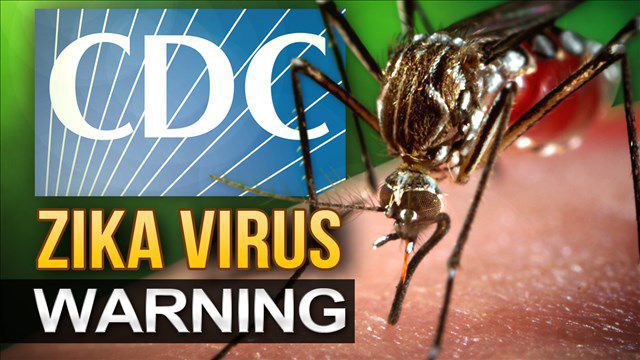The Cameron County Department of Health and Human Services will be hosting a Zika conference at the Hilton Garden Inn on South Padre Island next week.
The Cameron County Department of Health and Human Services will be hosting a Zika conference at the Hilton Garden Inn on South Padre Island next week.
The two-day conference will consist of workshops and panel discussions on a range of issues relating to Zika.
Health Administrator Esmeralda Guajardo and her staff have already spoken about their experience with a few counties, but to meet demand, they decided to bring everyone to Cameron County.
“We can let them come to us. They can talk to my staff and the City of Brownsville, the ones that were truly on the ground and we can discuss some of the lessons learned,” Guajardo said.
About 300 people have signed up for the conference. Most participants are from Texas, but a few representatives are from California.
The participants have expressed an interest in wanting to know more about the county’s epidemiological response, what the lab requirements were, and how the staff handled sending specimens.
Others have asked for a public information officer perspective, on when the best time to inform the public is, and how a city or county should educate the community.
“Those are some of the things they’re asking for. The biggest thing, though, is how do you determine it is a locally-acquired case as opposed to a travel-related case?” Guajardo said. “We’re along the border, so that is very complicated. For them, that problem should be a little easier.”
The first Zika case to appear in Cameron County through local transmission was a 43-year-old Brownsville woman.
It was only after determining that the woman had not recently traveled to Mexico or any other area with Zika that the county concluded it was a local case.
“When we do an epidemiological investigation, we test the family members and the partner to make sure there is no risk there, then we do an investigation on their history,” Guajardo said. “If they were traveling, whether it was sexually transmitted … we need to get as much information as possible to know we considered all of the factors in determining a local case.”





